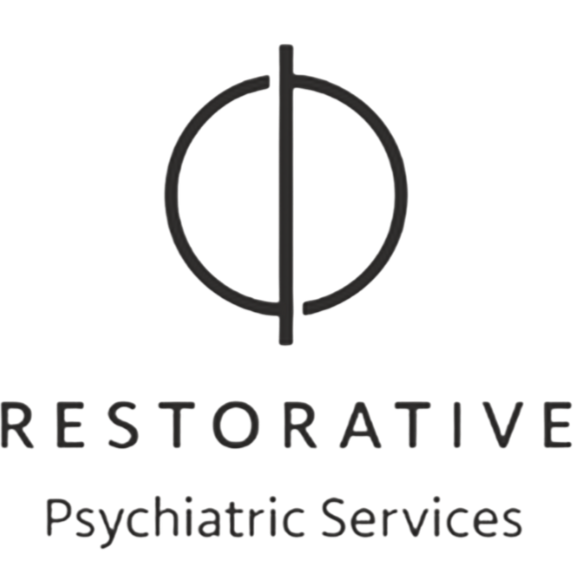Adjustment Disorder
A stress-related mental health condition that occurs when someone has a strong emotional or behavioral reaction to a major life change or stressful event. While it’s normal to feel upset after a difficult experience, people with Adjustment Disorder experience more intense distress than expected, and it can affect their ability to function in daily life. This condition can affect children, adolescents, and adults. It is often temporary and treatable, especially when recognized early and supported with appropriate care.
Adjustment Disorder can develop in response to a wide variety of stressors, including:
Loss of a loved one
Divorce or relationship problems
Moving to a new place
Starting a new school or job
Serious illness (in oneself or a loved one)
Financial difficulties
Natural disasters or traumatic events
The goal of treatment is to help the person adapt to the stressor, reduce symptoms, and return to normal functioning. Most people recover fully with proper support.
Therapy
Psychotherapy (talk therapy) is the most common and effective treatment. It provides a safe space to process emotions, develop coping skills, and gain perspective on the situation.
Cognitive Behavioral Therapy (CBT) can help individuals reframe negative thinking and manage stress more effectively.
Family therapy or couples counseling may be helpful if relationship issues are contributing to the distress.
Medication
Medication is not always necessary, but may be used in the short term to help manage symptoms like anxiety, insomnia, or depressed mood, especially if symptoms are severe.
Antidepressants or anti-anxiety medications may be prescribed as part of a comprehensive treatment plan.
Medication decisions should always be made in consultation with a healthcare provider.
Lifestyle & Support Strategies
Stress management techniques, such as mindfulness, journaling, or deep breathing.
Regular physical activity to support mood and reduce tension.
Social support from friends, family, or support groups.
Time and structure — routines can help create stability during stressful times.

